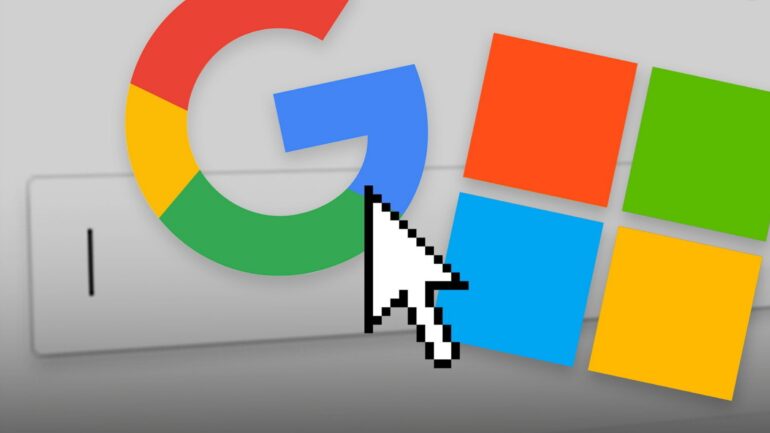- EU investigates Microsoft’s $13 billion investment in OpenAI and Google’s partnership to embed AI on Samsung devices.
- Concerns focus on potential exclusivity clauses that may hinder competition in the AI market.
- Margrethe Vestager warns of Big Tech’s ability to monopolize AI tools, limiting access for smaller developers.
- Ongoing EU scrutiny includes broader antitrust investigations into AI-related market practices.
Main AI News:
European Union regulators are intensifying their scrutiny over Microsoft’s collaboration with OpenAI and Google’s recent partnership to embed AI services on Samsung devices. Margrethe Vestager, the EU’s competition commissioner, revealed that while Microsoft’s substantial $13 billion investment in OpenAI doesn’t fall under traditional merger review, concerns over potential exclusivity clauses warrant further antitrust inquiries. Similarly, Vestager expressed reservations about Google’s agreement with Samsung to pre-install its ‘Gemini nano’ model, citing fears that such arrangements could hinder smaller AI developers from accessing end-users.
Vestager emphasized the rapid evolution of artificial intelligence, underscoring ongoing antitrust investigations into various AI market practices. She stressed the importance of proactive competition enforcement amidst significant industrial and technological transformations, cautioning against market concentration, anti-competitive behavior, and the implications of emerging partnerships in the AI sector.
The European Commission’s apprehensions revolve around the dominance of major tech firms in shaping AI tools and expanding their influence across digital ecosystems. Vestager noted the substantial resources required for developing AI foundation models, including data, computing power, cloud infrastructure, and specialized talent, which are predominantly controlled by a handful of industry giants.
Moreover, Vestager highlighted concerns over “acqui-hires,” where companies acquire smaller firms primarily to absorb their skilled workforce, citing Microsoft’s acquisition of AI developer Inflection as an example. She reiterated the Commission’s commitment to scrutinizing such practices to ensure compliance with merger control regulations.
In response, a spokesperson from Microsoft reaffirmed the company’s readiness to address any additional queries from the European Commission, signaling cooperation amidst the regulatory scrutiny.
Conclusion:
The EU’s intensified scrutiny of Microsoft and Google’s AI initiatives reflects growing concerns over market concentration and anti-competitive behavior in the evolving AI sector. This regulatory stance underscores the need for rigorous oversight to ensure fair competition and foster innovation among all stakeholders in the digital economy.

